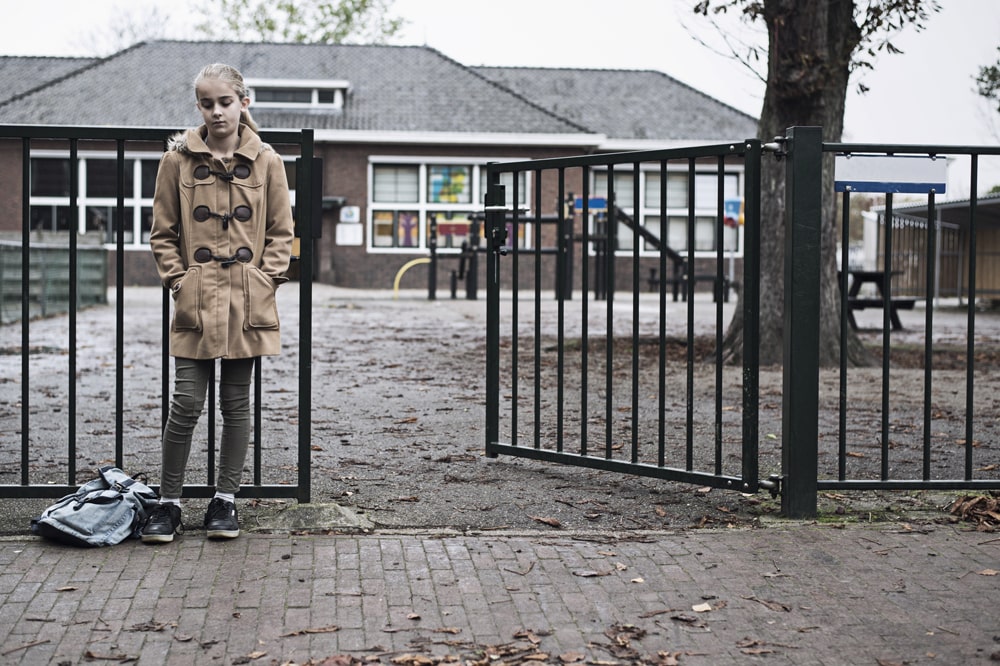Child Sexual Exploitation

Whilst Child Sexual Exploitation (CSE) has been firmly embedded in the safeguarding remit for schools and academies through legislative and inspection frameworks, the allegation of abuse made by former England international football player Paul Stewart now casts the spotlight on other organisations working with and supporting children and young people. In a BBC interview yesterday, Mr Stewart described how abuse of young boys training to become footballers was not uncommon, alleging he himself had been a victim over a four year period by a club coach. He stated that “the sport could face allegations on the scale of the Jimmy Savile scandal”. Within 24 hours of this statement four more footballers have spoken out about historical child abuse connected with the sport. Ex-Crewe player Andy Woodward has described having experienced abuse by former coach and football scout Barry Bennell who, in 1998, was sentenced to nine years in prison after admitting to sexual offences involving six boys.
Power and control are the powerful grooming mediums CSE perpetrators skilfully use to manipulate and dominate children. It is easy to see how young boys dreaming of a football career in a competitive environment could be vulnerable to such perpetrators, adults they believe are key to making their dream a reality. Whilst these allegations place scrutiny on the world of football, it would be naïve to believe this is the only sport where children are vulnerable.
Current legislation to protect children and young people only places demands for comprehensive safeguarding arrangements on those working within education, health and social care. Safeguarding children within sport and leisure activities is at the discretion of the organisation or club, there are no inspection frameworks to measure quality or performance. Most clubs / organisations now carry out Disclosure and Barring Service (DBS) vetting checks however this is only a small part of the safeguarding agenda. Such checks will only prevent those legally prohibited or who have previous convictions from working with children. They provide no safeguarding measure against the perpetrator unknown to the police or state.
We need to widen the scope to protect children involved in sport and leisure activities at all levels. To do this effectively requires robust safeguarding policy and protocols, routinely audited to make sure they are transferred into everyday practice. All adults involved in the delivery and support of such services must have access to high quality, accredited training to enable a culture of collective responsibility. Only then will we foster the vigilance needed to protect and keep children safe.
SSS Learning Safeguarding Director
25 November 2016